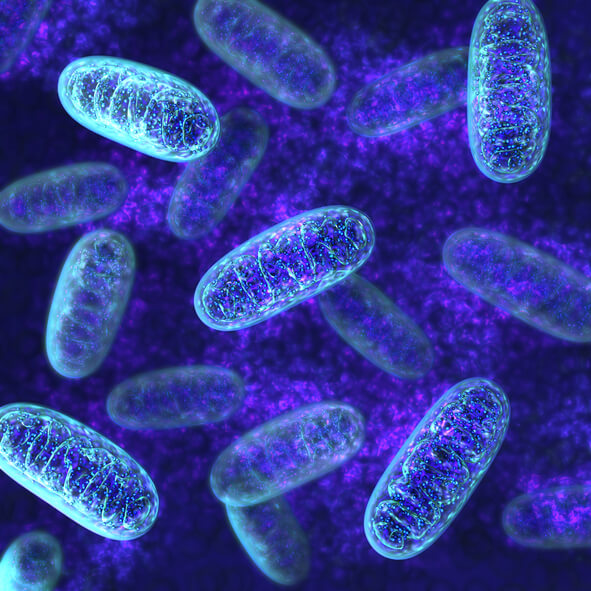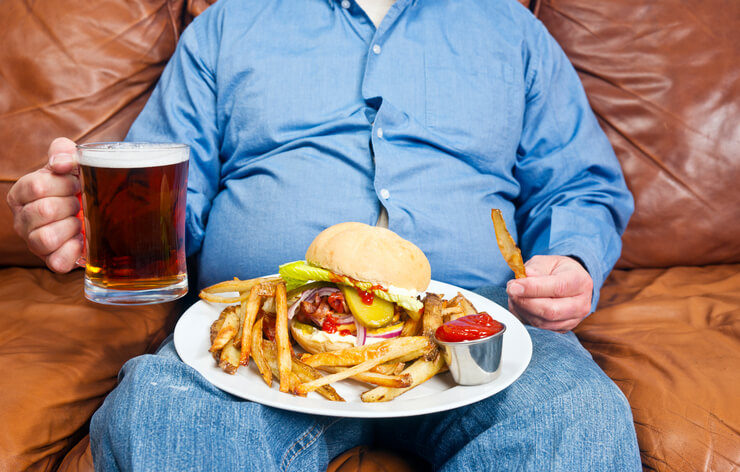Despite mounting evidence that metabolic adaptation is rendering many diets useless, athletes continue to engage in extreme dieting paired with elevated levels of cardio to cut fat quickly and in time for beach body season. Then when the fat returns after only a week or two away from the strict diet, they complain.
DON’T BE THAT GUY.
Yo-Yoing is entirely too common among bodybuilders and powerlifters alike, they bulk for a season, then cut. And every cutting session seems to get harder and harder as the fat fights to stay put.
As Eric Trexler put it in an analysis of his recent study on Metabolic Adaptation:
“I like to think of metabolic adaptation as the other side of the thrifty gene hypothesis— instead of talking about what happens during the ‘feast,’ metabolic adaptation addresses the ‘famine.’” (7)
The more you push your body, the more fat it tries to hold on to. Overtraining it and forcing extremes will do you no good.
Along with the evidence that caloric cuts and intensity increases renders your body physically exhausted and incapable of maintaining that level of intensity comes the evidence of maintenance eating while continuing to boost performance levels at the gym for improved fat to lean mass ratio. I.E. this is why CrossFit actually works.
So before you begin your next cycle of bulking and cutting, take into consideration the idea of a steady lifestyle change that has been proven to better improve physique and peak performance, while not requiring you cut all carbs from your diet.
It could save you from extreme diet changes and loss in power at the gym. Because let’s be honest, the hot bod is great, but the strength is even better.




